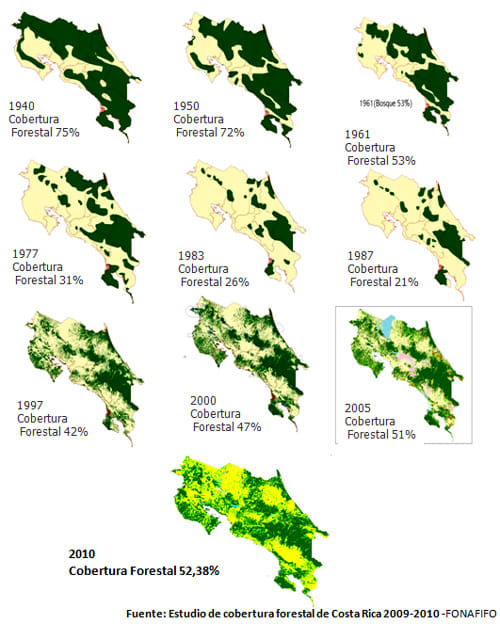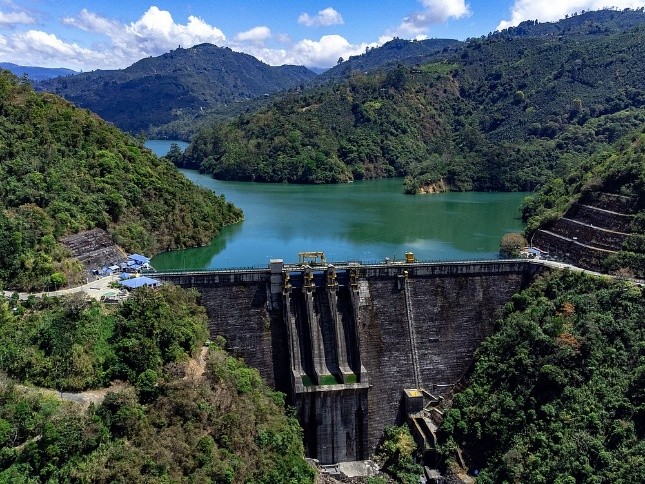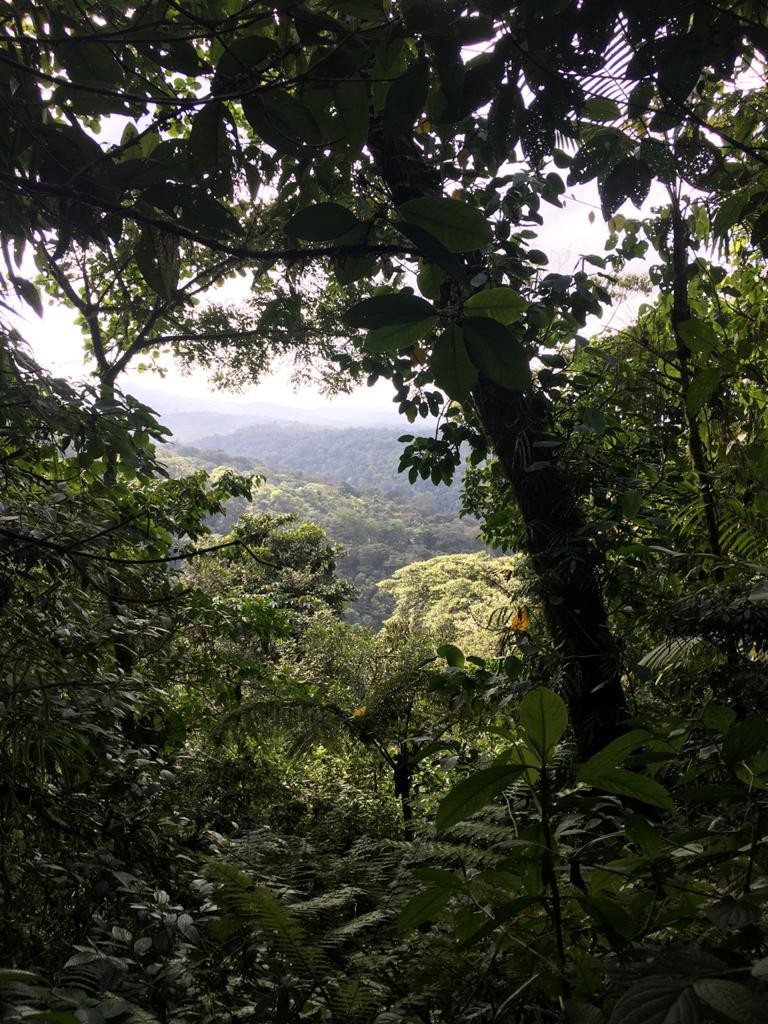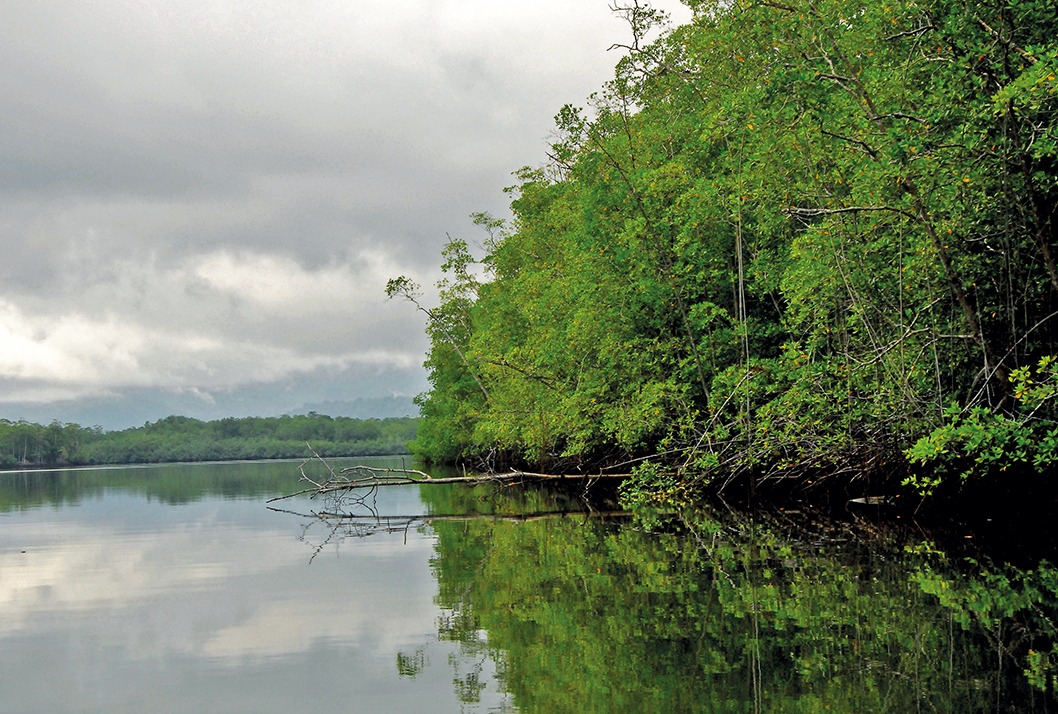
For its globally recognized environmental leaderships
With over 60% of its territory covered by forests and a strong, well-established network of protected areas, Costa Rica is a global leader in conservation and ecotourism.
For its green country brand and decarbonization
A pioneer in the 2018–2050 National Decarbonization Plan and the first country in Latin America to commit to phasing out fossil fuels by 2050, Costa Rica has strengthened its identity as a green nation.
For legal forest innovation
From the 1969 Forest Law to the launch of the Payment for Environmental Services (PES) program in 1996, Costa Rica developed one of the world’s most successful and widely replicated legal frameworks for forest conservation and PES implementation.



